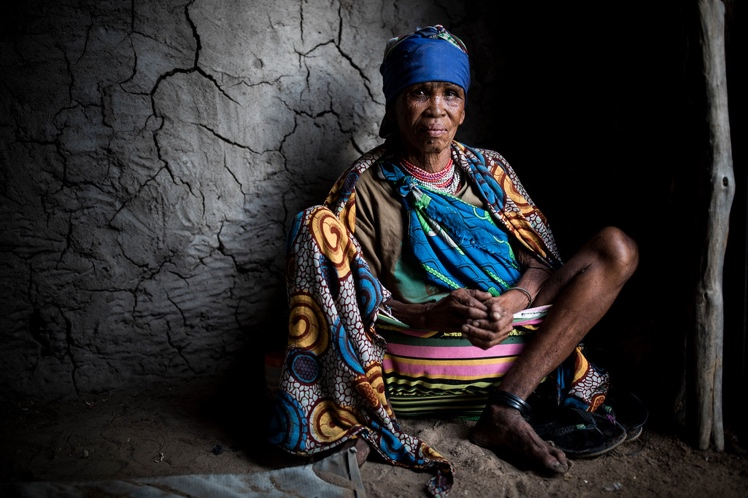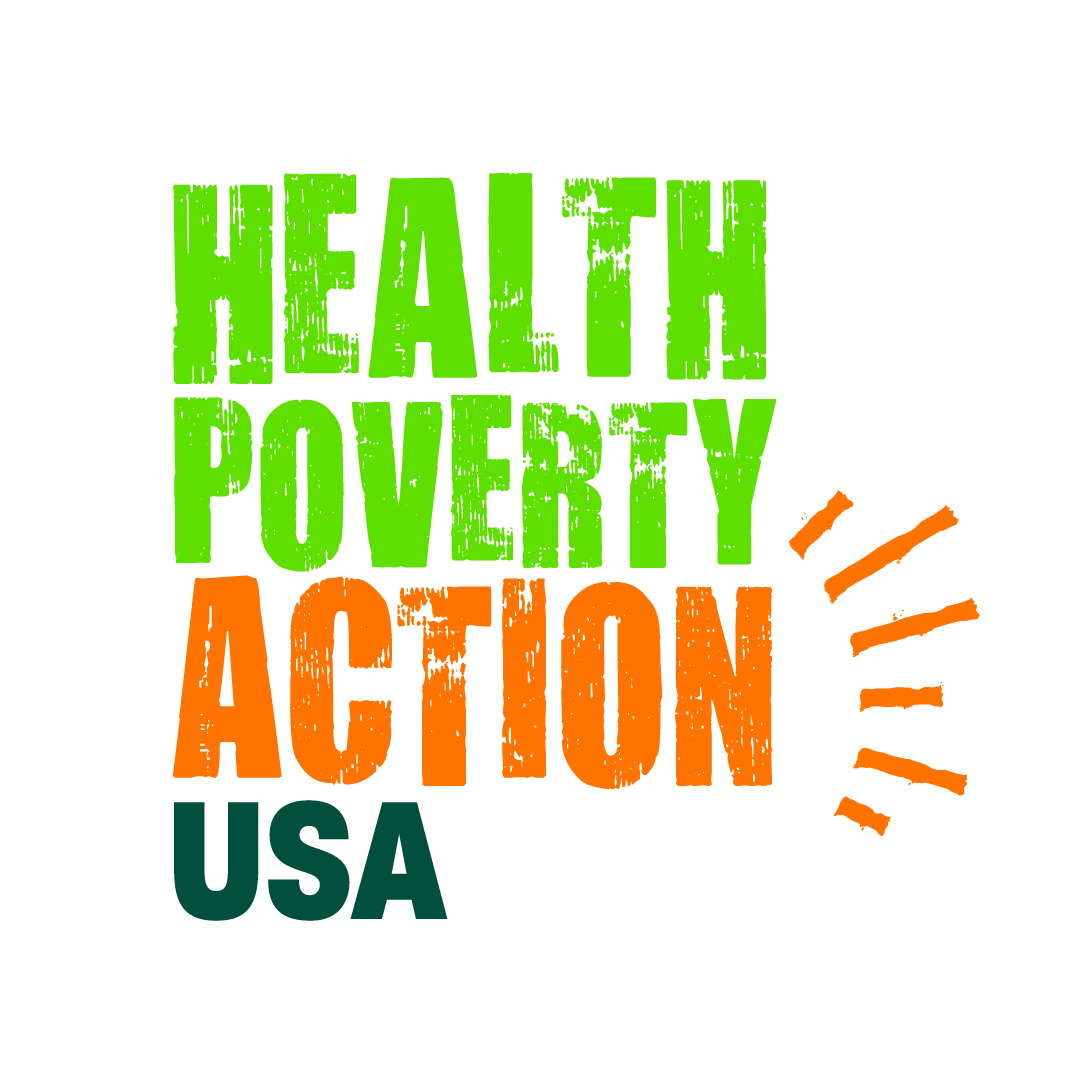Every child deserves to have a healthy start in life, and every mother should have access to quality healthcare during pregnancy and childbirth. The birth of a new child should be a time for celebration, and yet for many women around the world it is a time of fear. According to the World Health Organisation, more than 800 women die every day from complications in pregnancy and childbirth. The majority of these deaths could be prevented given the right resources and care. Most of these deaths happen in the Global South, and are particularly high in rural areas.
In these remote areas, women, newborns and children are often the most vulnerable to health problems. Health centres can be difficult to reach, and without alternative forms of transport available to them, women and children sometimes have to walk for days to get there. Even when they reach the facilities, they might find them understaffed or underequipped.
Indigenous women and girls are even more likely to experience worse maternal health outcomes, and frequently face discrimination and abuse from health centre staff. For example, Maasai women in Kenya are twice as likely to have had no antenatal care, and San women in Namibia are ten times more likely to give birth without skilled attendance.

Au, a Traditional Birth Attendant in Namibia
All of these factors discourage mothers from visiting health centres during pregnancy and to give birth, and often they instead rely on traditional birth attendants (TBAs) in the community as their only source of maternal health support. The position of TBA is passed down through generations of women, and is a highly respected role in the community. However, these women very rarely have access to any health training, leaving them without the skills or tools to identify and treat difficulties in childbirth. Overall, the lack of infrastructure, transport and training means women and newborns are still dying in childbirth.
At Health Poverty Action we believe maternal health is particularly important because of the far-reaching impacts it has on families and communities. Not only does access to quality maternal healthcare ensure the good health of a mother – her good health also helps to ensure the good health of her newborn child and the rest of her family.

